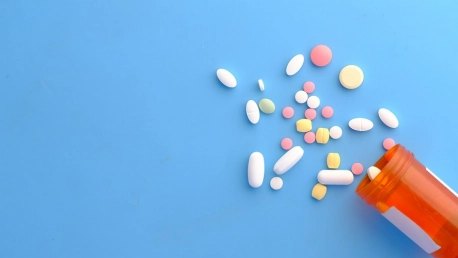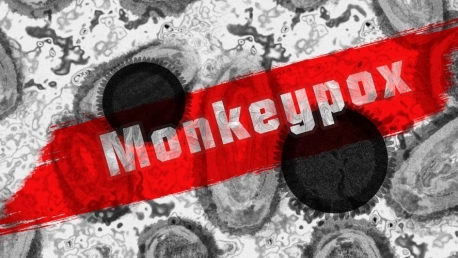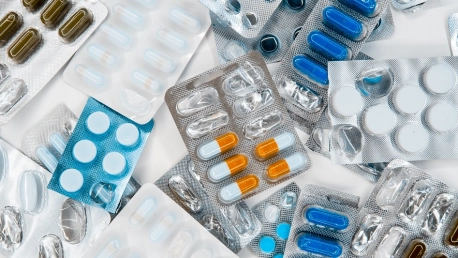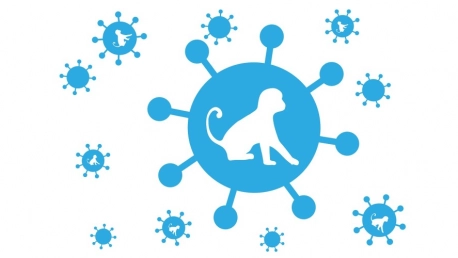
Gene therapy is a medical field that focuses on developing personalized treatments that have the potential to save or change lives by inactivating a defective gene or replacing it with a functional one. As AI has already proven its ability to impact healthcare positively , this emerging technology

There is no question that the recent COVID-19 pandemic has not only dramatically affected the lives of people around the world, but also shed light on the many shortcomings plaguing the healthcare and biopharmaceutical industries. The healthcare systems of several countries around the world found

The recent COVID-19 pandemic undoubtedly reshaped healthcare systems around the world, while also increasing the pressure to develop and deliver better vaccines and treatments. Biopharmaceutical companies everywhere raced to find the first vaccine and the most effective drug as the healthcare

People around the world, scientists, and policymakers have undoubtedly learned numerous lessons from the COVID-19 pandemic. This healthcare crisis has shown the importance of being prepared to face a new epidemic or pandemic, as well as the need to develop effective tests, vaccines and treatments

While the COVID-19 pandemic wreaked havoc and forced scientists and policymakers to create or search for vaccines and treatments, common disorders continued to affect millions of human lives. The pandemic made it harder for people suffering from chronic conditions to receive proper treatment in

At the beginning of the COVID-19 pandemic, people around the world were comparing the new disease with the flu, also known as influenza. However, while both diseases cause respiratory symptoms, it soon became very clear that there are some important differences between them, as well as between the